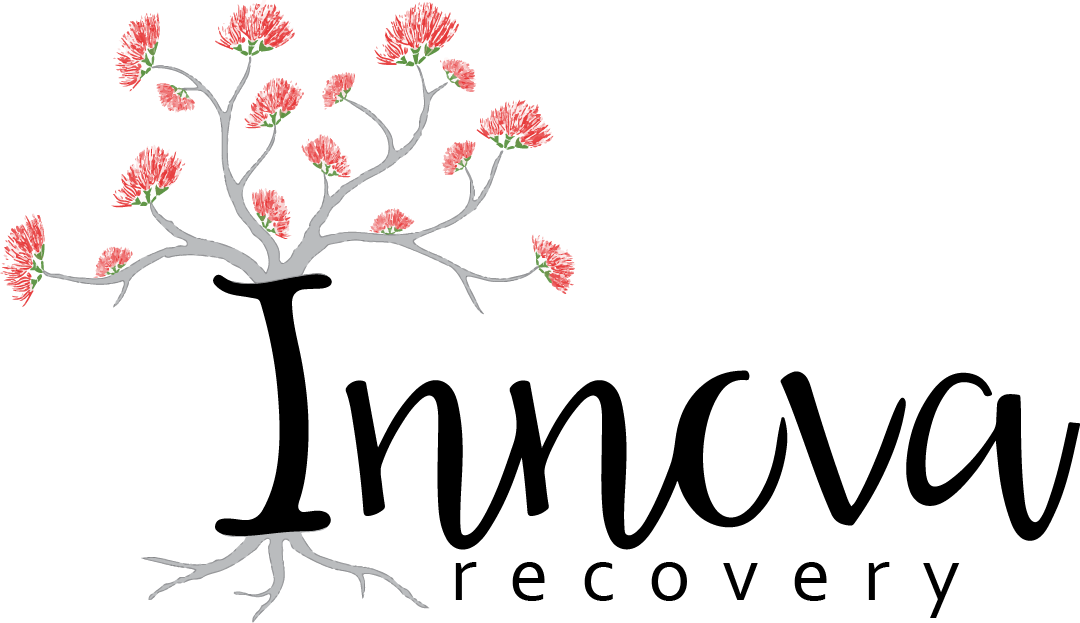
Post Traumatic Stress Disorder and Trauma
Over 70% of adults in the US have experienced a significantly traumatic event. While PTSD is generally associated with veterans and combat trauma, that is actually not the majority of those who suffer with effects of traumatic stress.
50% of all PTSD diagnoses are actually a product of childhood abuse. If you or someone you know is dealing with the effects of trauma, regardless of its origin, it’s crucial to seek help. Reach out today to get the support and guidance you need on the journey toward healing and well-being.
PTSD Explained: Symptoms and Support at Innova
PTSD can bring forth overwhelming emotions that make everyday life challenging. At Innova, we can help you identify and manage PTSD in a safe and healthy way.

PTSD Effects On Daily Life
PTSD can affect every aspect of your life. It changes your ability to trust yourself, wondering how this horrible thing could have happened to you. It impairs your connection to others, as you wonder if you can ever truly trust anyone.
PTSD leaves you constantly on guard, wondering what horrible thing will happen next. This is called hypervigilance. It is why some people find themselves checking door locks repeatedly, backing into parking spaces for an easy escape, or sleeping on the couch as it feels less vulnerable.
PTSD causes nightmares, making sleep painful rather than peaceful.
PTSD causes avoidance, making things you once enjoyed seem scary.
What Is Dissociation?
Dissociation is a part of PTSD in which one appears to be “spacing out” and can lose track of time, from minutes to hours, as you drift into the recesses of your own mind.
Sometimes this includes reliving the painful event; other times it is a means of escape from a stressful situation. Due to the nature of dissociation, most people are not aware of how often or how long they dissociate.


What Is Avoidance Behavior?
PTSD can also cause avoidance behavior, making things you once enjoyed seem scary or pointless. Most people with PTSD try to avoid thinking of their trauma, though it still finds its way back up into your mind at the least opportune times.
This avoidance extends to places, situations, or even people associated with the traumatic event. It’s as if a shadow has crept into their life, turning once-familiar territory into a minefield of discomfort.
Suppressed Memories Related To Trauma
But it doesn’t stop there. Most people with PTSD also wrestle with the urge to suppress thoughts related to their trauma. It’s a survival mechanism—an attempt to shield themselves from the emotional turmoil.
Yet, these suppressed memories have a way of resurfacing at the most inconvenient times, intruding into everyday moments, disrupting sleep, or hijacking conversations.
PTSD & Trauma Therapies
While PTSD symptoms can seem overwhelming, there is hope. PTSD & Trauma Therapies like EMDR and CPT can help you process trauma, finding a place to file it away.
Experiential therapies, like yoga, Vibroacoustic Therapy (VAT) and Alpha Stim can also help relieve anxiety and put you back in tune with your body.
At Innova, we believe you can still live an abundant life AFTER trauma. Call us today to begin your journey to healing.







